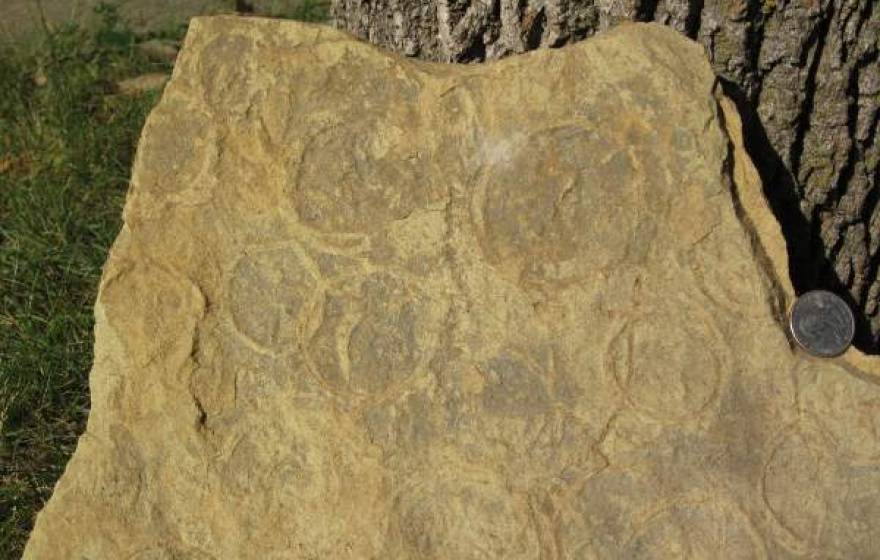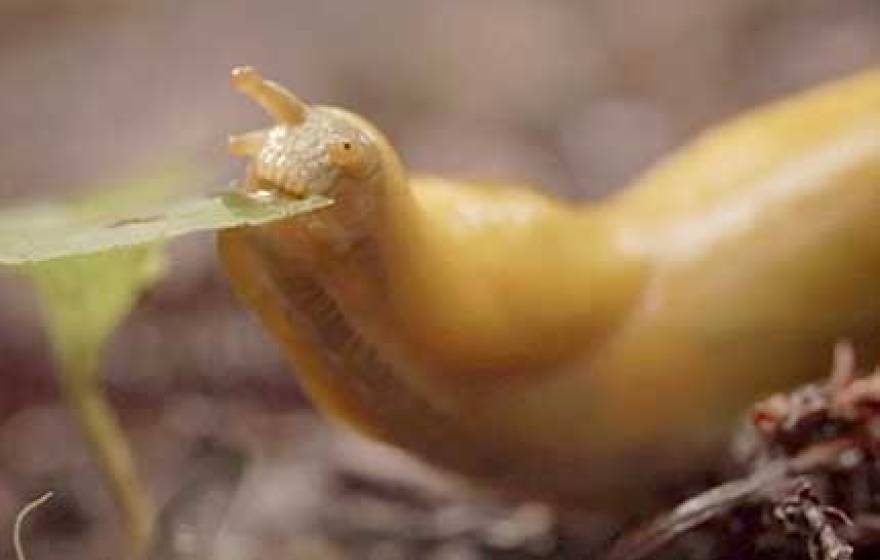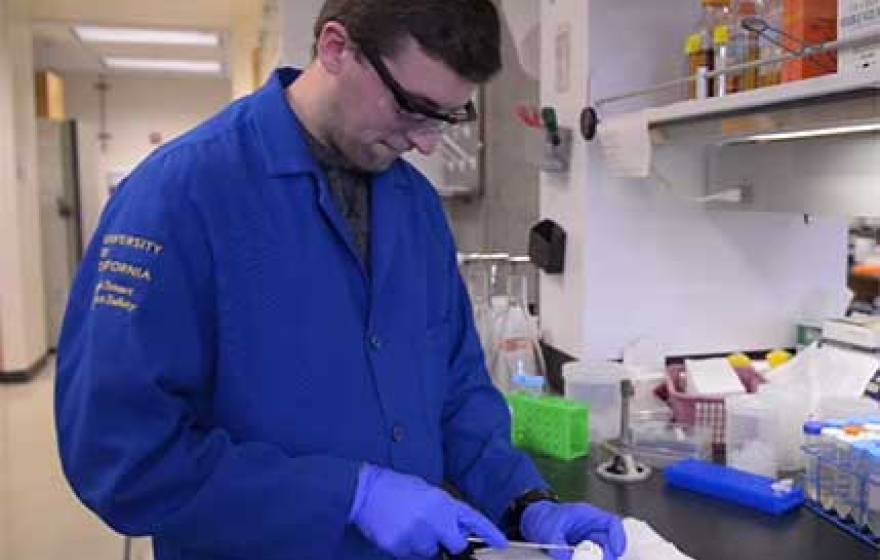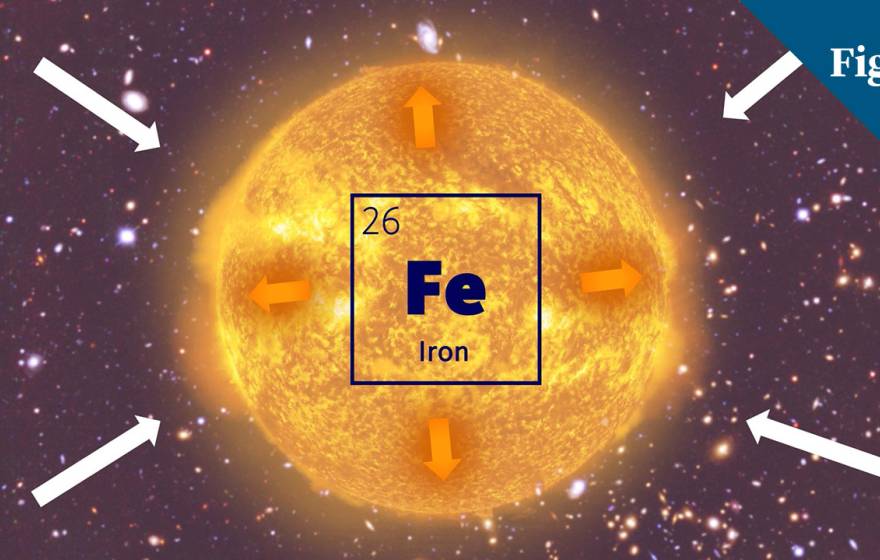Scientific American |
What on earth made these perfect fossil rings?
They're 492 million years old and are in Wisconsin, and researchers at UC Riverside want your help in figuring them out. (There's a prize for whoever comes up with the best 'natural explanation.')
KQED Science |
Banana slugs: secret of the slime
Engineers and other researchers at UC Merced, UC Santa Cruz and UCLA are studying slime and other properties of the humble banana slug (which happens to be the Santa Cruz mascot).
UC Irvine |
Why unboil an egg?
Gregory Weiss, UC Irvine chemistry professor, talks about 'unboiling' egg white proteins and returning them to their original state. The ability to quickly restore molecular proteins could slash biotechnology costs and dramatically reduce the costs for cancer treatments.
UC Natural Reserve System |
Digital California plant portal hits 2 million specimens
Collecting, pressing and identifying plant specimens may seem quaint, but the process is key to helping scientists understand our environmental future.
UC Berkeley |
Student’s good idea cut water use and saved $23 million
When Karen Andrade came to UC Berkeley, she was surprised to discover how challenging it was for outside organizations to partner with students and faculty on research projects. She came up with the idea of Science Shop to fill the gap.
UC Berkeley |
Brain’s iconic seat of speech goes silent when we actually talk
The brain's speech area, named after 19th century French physician Pierre Paul Broca, shuts down when we talk out loud, according to a new study that challenges the long-held belief that 'Broca's area' governs all aspects of speech production.
Fig. 1 by University of California |
The life of a star explained in 1 minute
The iron in our blood, the silicon in your computer, the oxygen that we breath — all of those elements were synthesized inside a star. UC Santa Cruz astrophysicist Enrico Ramirez-Ruiz walks us through the process from a star's beginning to its death.
UC Berkeley |
Creating love in the lab: The 36 questions that spark intimacy
After falling in love as UC Berkeley graduate students, Arthur and Elaine Aron have studied love for nearly 50 years.
UC Santa Barbara |
An ocean of plastic
New report by UC Santa Barbara-based research center calculates the magnitude of waste going into the world's seas.
UC San Diego |
The Basement opens for business at UC San Diego
New incubator/accelerator program for student entrepreneurs opens on campus.
UC Irvine |
Overseeing your online afterlife
Jed Brubaker’s graduate research at UC Irvine guides Facebook’s new policy on postmortem account stewardship.
UC Riverside |
Blum poverty Initiative launches in fall 2015
Gift to UC Riverside from former chair of UC Regents will support effort aimed at solving poverty-related issues in the Inland Empire region.








